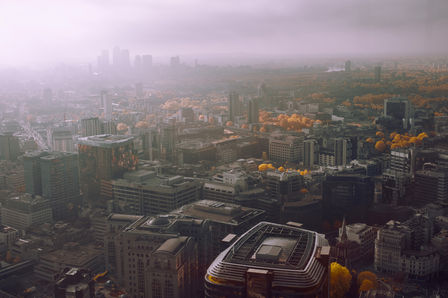
8.2/10
Version Notes
Black metal body (no silver ring). Green 'AE' markings. Rectangular locking button. Plastic focus grip. There are no A-D type Konica versions of this lens, so all are made by Tokina. This is also the first of the Tokina made lenses that was released. This particular lens was made in December of 1978 (code 8A)... although I have tested three versions of this lens to help validate the reliability of the test scores (see below).
Mount:
Year:
Type:
Focus:
Focal Length:
Aperture range:
Aperture Steps:
Blades:
Min. Focus:
Filter:
Optics E/G:
Weight:
Length:
Angle:
Hood:
Konica AR
1978 - 1982
Hexanon - E
Manual
40mm
f/1.8-22
(whole)
6
0.45m
55mm (metal)
6/5
140g
27mm
56°
?

Infrared Performance Notes
After blowing all my budget on the Sony A7 and conversion I wanted a standard lens that was small and fast, but most importantly - cheap. I sold all my other camera to be able to afford this, it was then all I had, but I needed a lens to use it. Sony had no native lens options that fit my criteria at the time (you could argue that they still don't), so I turned to adapting old SLR lenses. Despite them being, in some way, a spiritual grandfather to Sony - Konica lenses were (and still are) some of the cheapest options out there. I settled on this 40mm f/1.8, this was a common kit lens so is cheap - even by Konica standards. This more modern compact lens was only ever made by Tokina (you can often spot these by their max f/22 aperture), but was still labelled as a Konica. I was very impressed by the IR performance of this lens! It is still good, but I now know that it's one of the lower scoring Konica lenses for IR (relatively speaking).
This was my infrared lens of choice in the early days of my A7 because it was all I had. In real-world conditions it almost never let me down. I am still very proud of this lens and will still take it out on trips.

Reliability Test
Here I tested three versions of the same lens. This lens made a great choice for this example because all Konica 40mm f/1.8 versions are made by the same Tokina factory over the span of 4 years. The similarity of these results was a big success for the accuracy of the hotspot test scores. this test also had the bonus of demonstrating how consistent the metering was on the Sony A7 because I didn't have to calibrate these three lens results individually.





